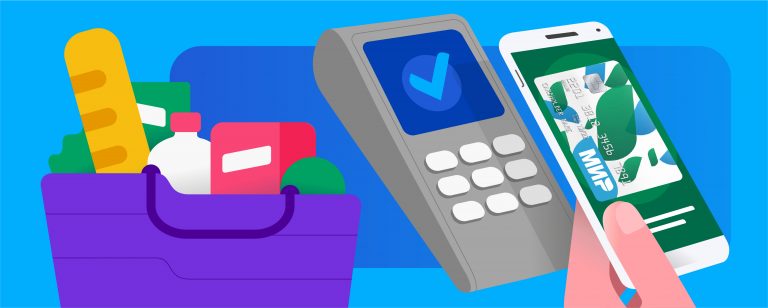Convolutional Neural Networks (CNN)
We are trying to explain to beginner programmers in simple terms what convolutional neural networks are. One of our bootcamp teachers, Polina Polunina, helped us with this.
Convolutional Neural Networks (CNN) – is a class of deep neural networks that have a specialized architecture for processing spatially structured data, such as images. They are widely used in computer vision, pattern recognition, time series analysis, and other tasks where it is important to take into account spatial dependencies between data.
The basic building blocks of CNN are convolutional layers, pooling layers and fully connected layers. Convolutional layers consist of filters (kernels) that slide over the input data and compute local features. Pooling layers reduce the dimensionality of the data while preserving important features. Fully connected layers combine all the features to make a final decision.
CNNs are trained using the backpropagation method, which optimizes the network weights to minimize the error on the training dataset. Activation functions such as ReLU (Rectified Linear Unit) are often used to improve the learning speed and prevent the gradient decay problem.
One of the key features of CNN is the ability to extract a hierarchy of features at different levels of abstraction. Lower layers can highlight simple features like edges and corners, while higher layers can recognize more complex patterns like faces or objects.
It is important to note that the choice of CNN architecture, hyperparameters, and regularization methods plays a critical role in the success of model training and generalization. Experimenting with different configurations is a necessary step to achieve optimal results.
In conclusion, convolutional neural networks are a powerful tool for analyzing and processing spatially structured data. Their wide application in various fields makes them one of the most important technologies in the field of artificial intelligence and machine learning.





